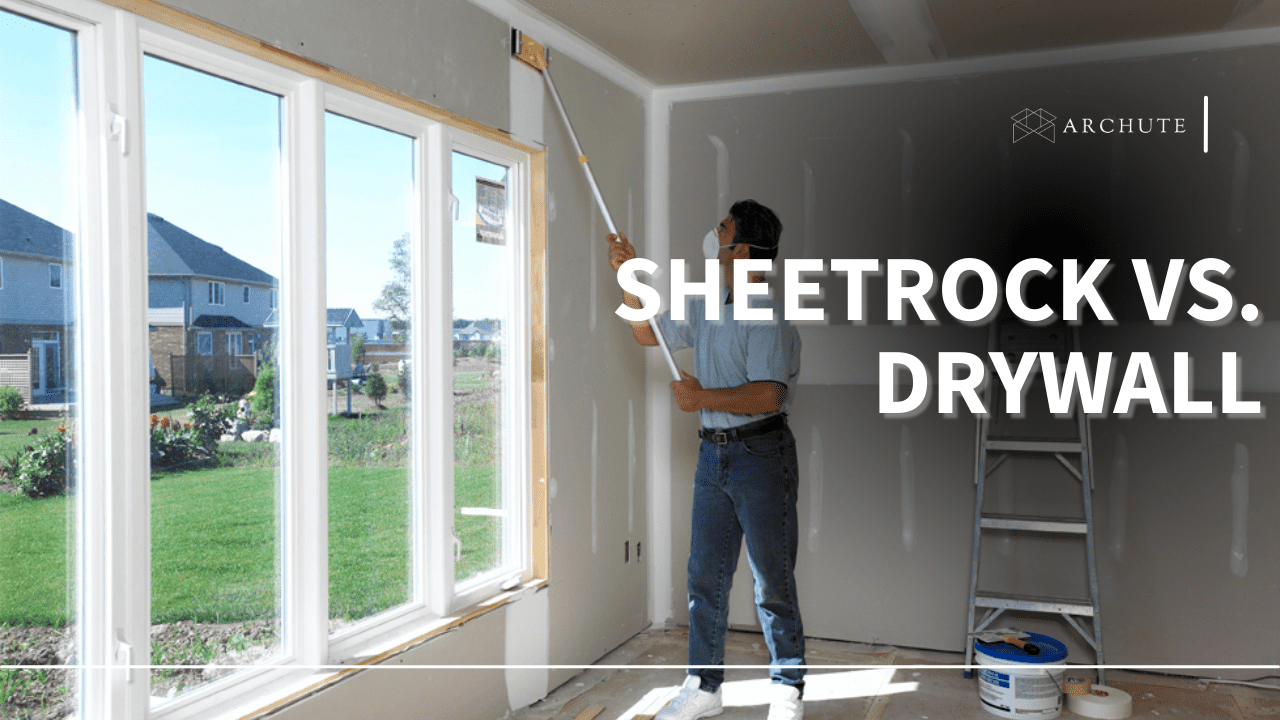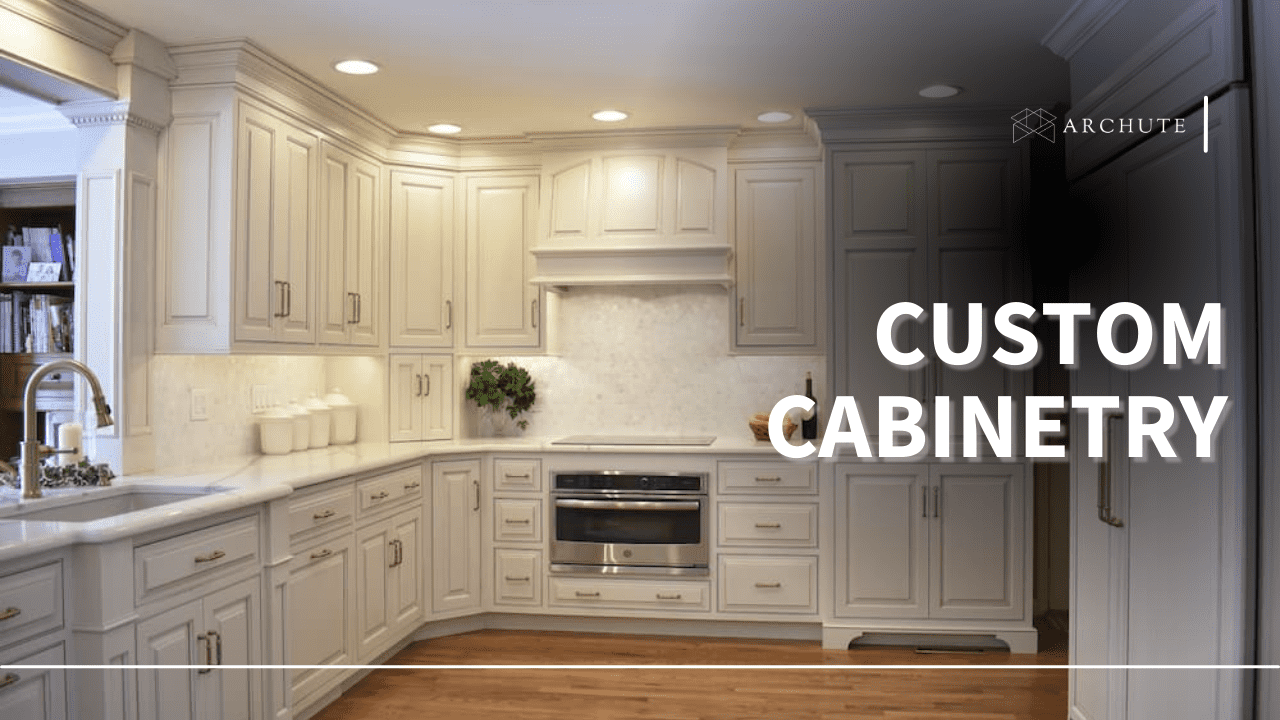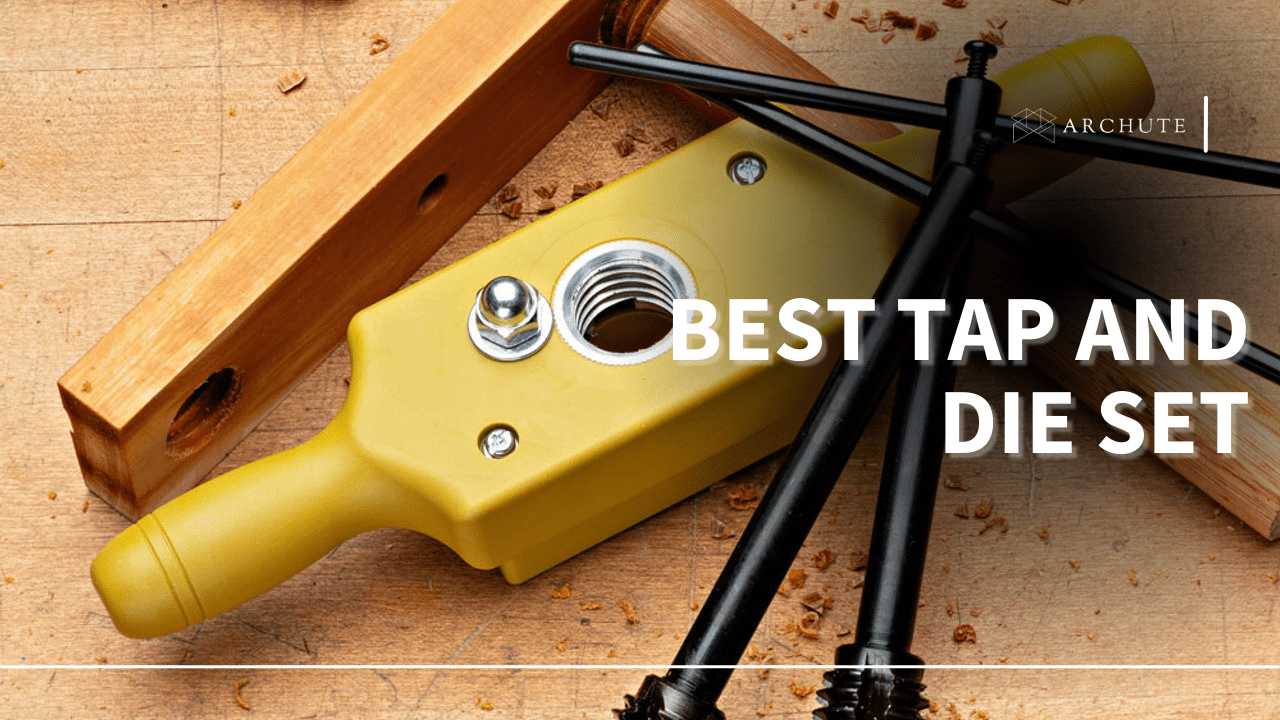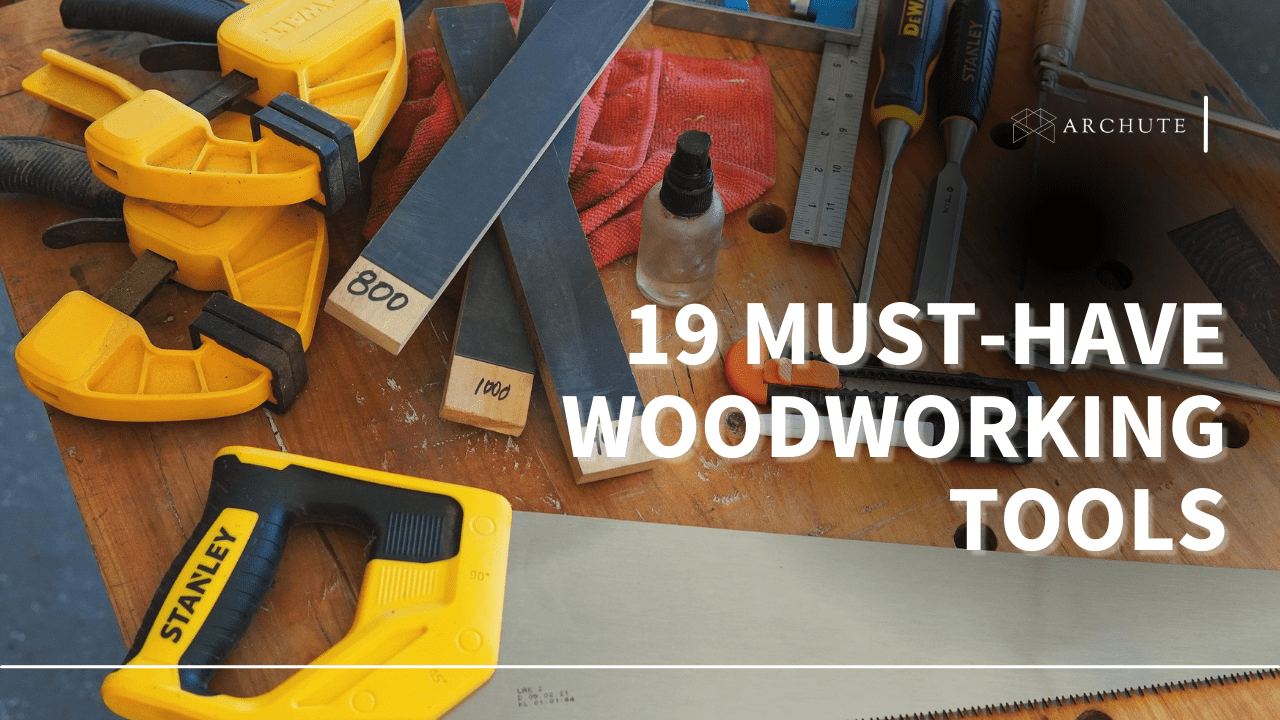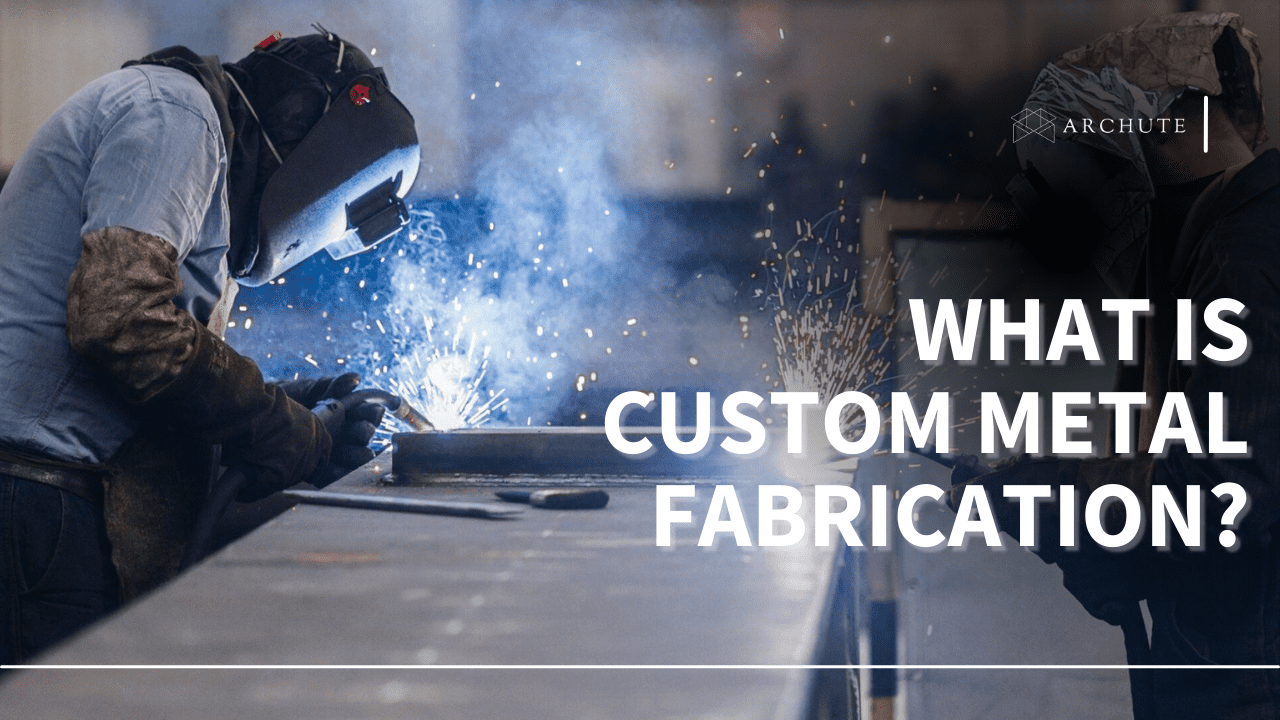Sheetrock and drywall are terms often used interchangeably to mean the same thing. So, when referring to a wall, which term between Sheetrock vs drywall should you use, and is there a difference? Read to find out.
What is Drywall?
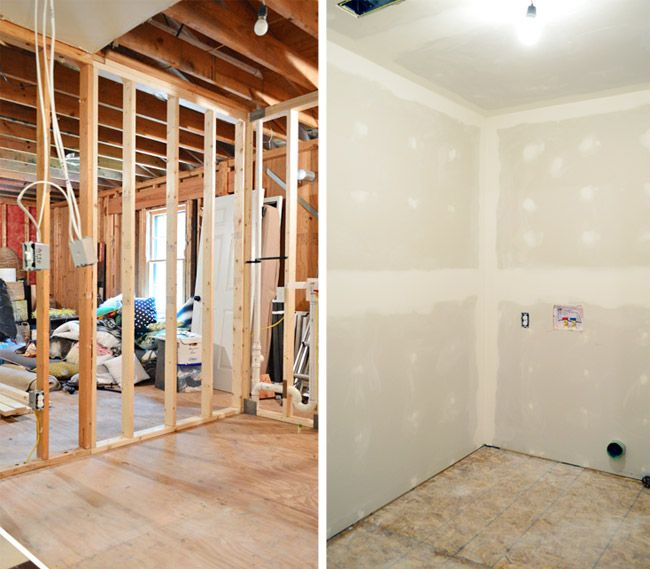
Image Source: pinterest.com
Drywall is a material made of calcium sulfate dihydrate and is…okay without going into a lot of chemistry, drywall is the material used in most walls in the United States. The walls around you right now are made of drywall.
A drywall is a gypsum plaster pressed in between thick sheets of paper or fiberglass mats. Apart from the wall, you will find drywall on the ceiling joists.
Drywall is also commonly known as wallboard, gypsum plaster, plasterboard, gypsum board, and Sheetrock.
So, what is Sheetrock, and is it the same thing as drywall?
What is Sheetrock?
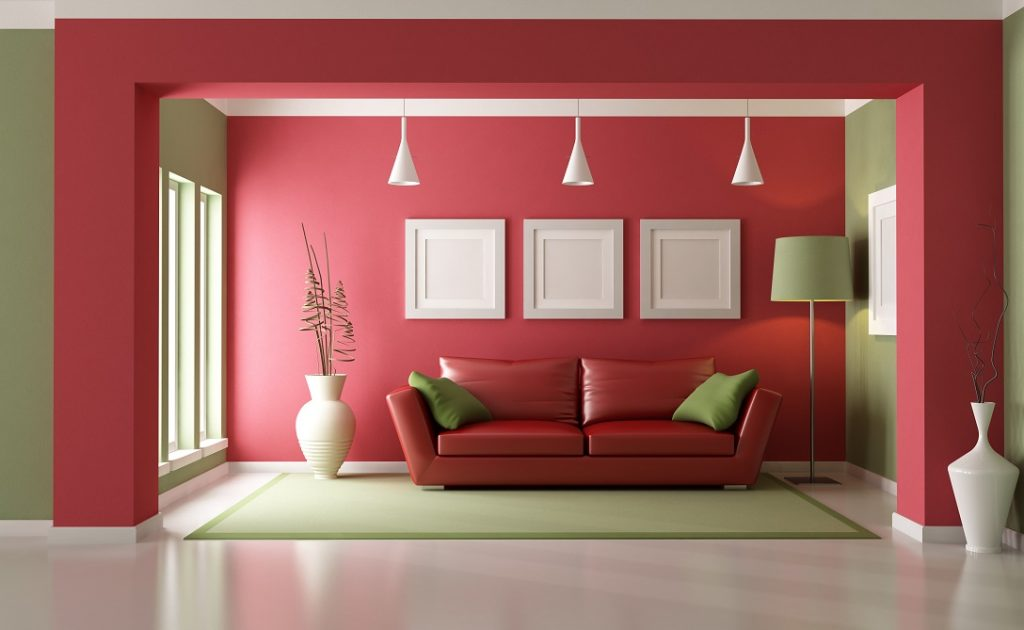
Image Source: indigopaints.com
Sheetrock is a brand of drywall and is a registered trademark by a US gypsum company. Not all drywall is Sheetrock, as there are other brands of drywall. However, a patented Sheetrock formula is one of the things that makes the brand stand out in the market. The other reason Sheetrock is popular is that it does not release sulfur gases, which might harm human health.
Since Sheetrock is just a brand of drywall, different types of drywall could fall under that brand or any other. So what are the types of drywall, and how is it made?
Types of Drywall
There are six main types of drywall.
1) Regular Drywall
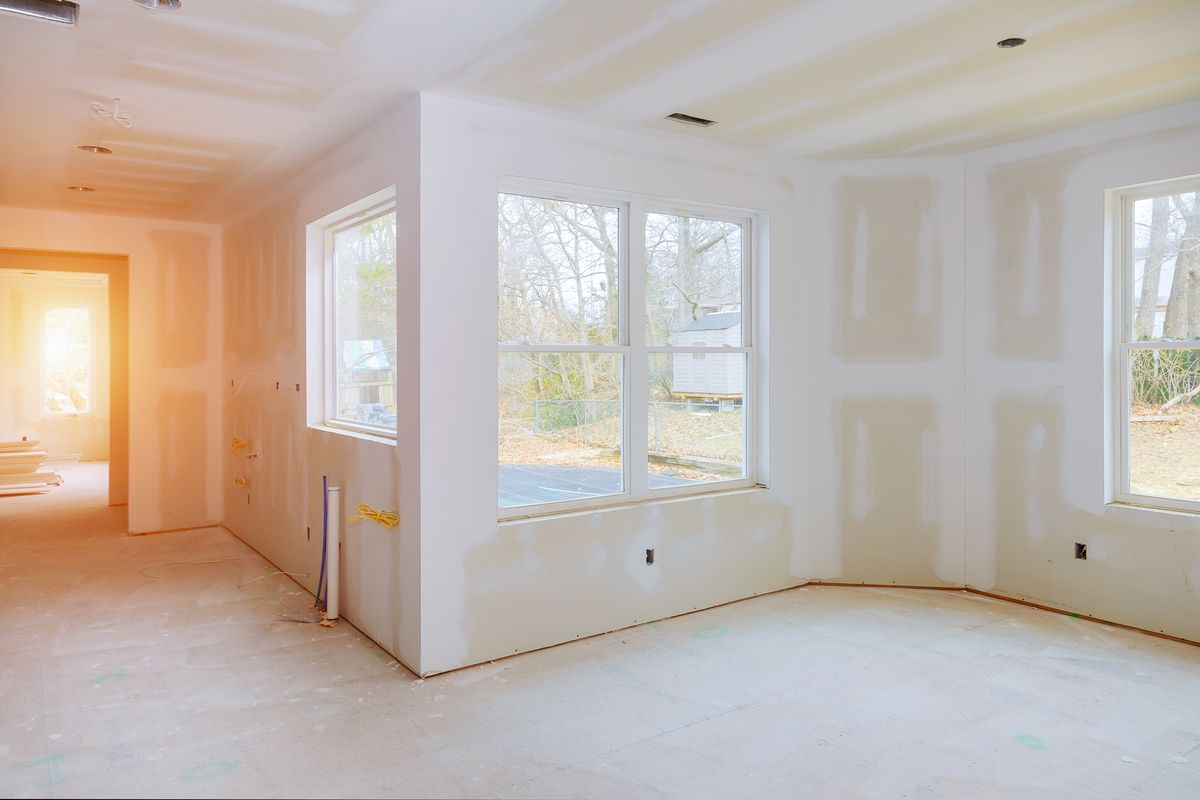
Image Source: thisoldhouse.com
Regular drywall is termed regular because they are the most common choice in the market. Most builders will choose the standard drywall for home construction. As a construction material, drywall is affordable and easy to use compared to other materials in the market.
Often called the whiteboard, the drywall can be used for walls and ceiling joists. The thickness of the drywall is about half an inch, and two sheets are mostly used for a wall, one on either side.
2) Plaster wall
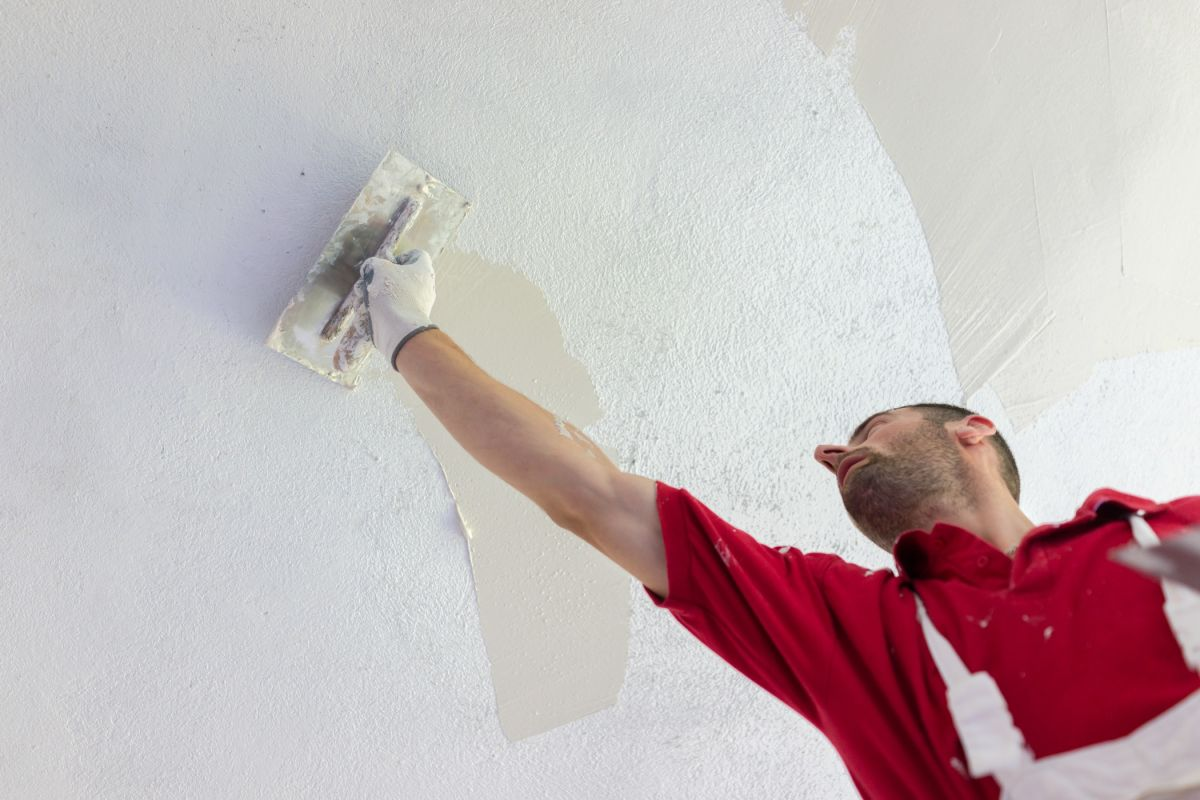
Image Source: realhomes.com
If you are going for the plaster look, this is the drywall you can go for. The drywall is also known as the blue board. A thin coat of plaster is applied onto the whole surface of the board. The surface of the plaster wall is absorptive, and plaster sticks onto the surface better than other drywall types.
3) Mold Resistant Drywall
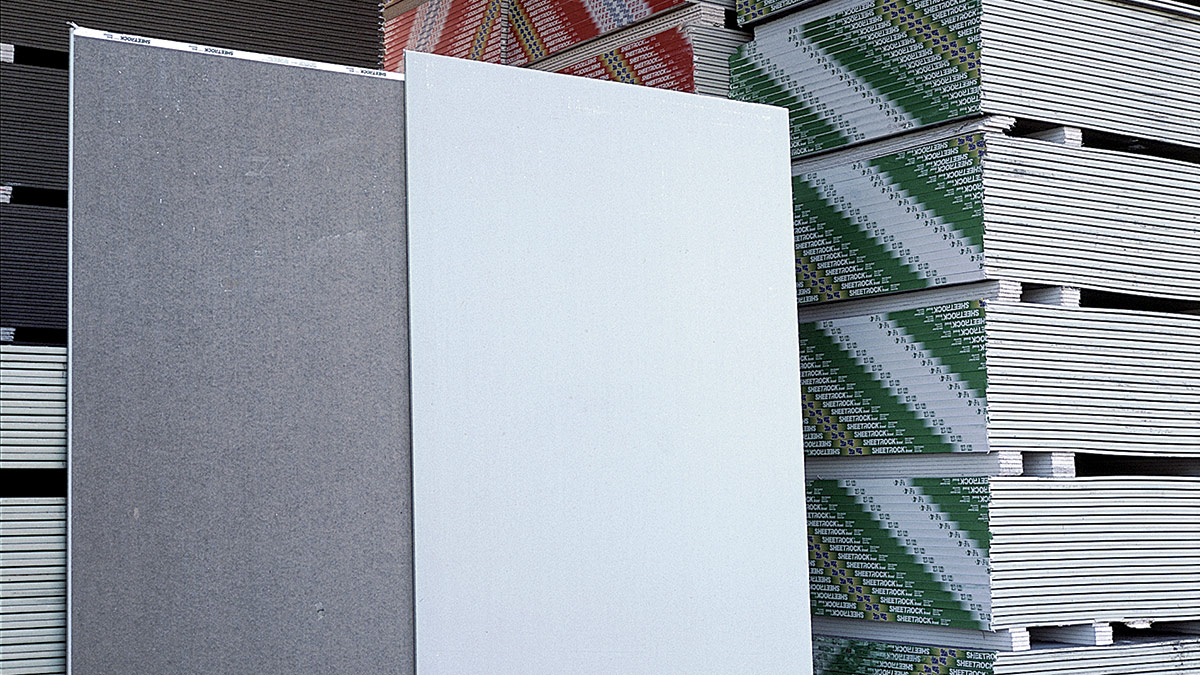
Image Source: finehomebuilding.com
Also known as the green wall, mold-resistant drywall is made of thick sheets and has a wax layer that makes it water-resistant. Water-resistant drywall is great for use in the bathroom or the laundry room. While there are ways of cleaning mold from walls, avoiding them altogether is a better approach.
A vital part of the mold-resistant drywall is the fiberglass which is non-organic, preventing mold growth. The mold-resistant drywall is also known as paperless drywall.
People always confuse mold-resistant walls with moisture-resistant drywall. But, unfortunately, these two are not at all similar.
4) Soundproof Drywall
Installing a soundproof wall means I will get a good night’s sleep. The acoustic drywall boards will also ensure whatever happens in the bedroom stays there.

Image Source: forbes.com
The soundproof drywall has wood fibers, polymers, and gypsum plaster, ensuring the room stays quiet. However, the drywall sheets are thicker, meaning they are harder to install than other drywall materials.
Installing drywall is easier for professionals who are used to getting the job done. Therefore, do not be discouraged from getting drywall because of how hard it is to install.
5) VOC-Absorbing Drywall
The VOC drywalls are some of the most interesting options you will find in the market because of how they work. The walls absorb harsh and harmful chemicals, trap them within them, and make them inert.
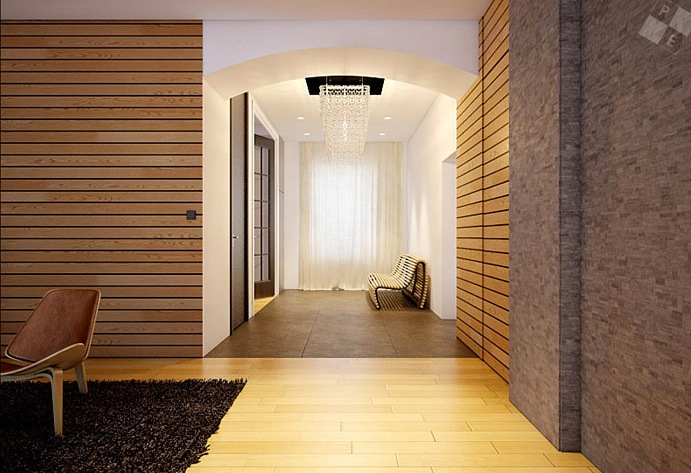
Image Source: home-designing.com
The magical thing about these walls is that they work even after being painted over and can last as long as half a century.
The chemicals that the walls can absorb include the daily cleaning products and other chemicals from other buildings.
6) Fire-Resistant Drywall
Fire is always a risk to any home. Luckily, fire-resistant panels can keep the house safe for enough time for the fire department to respond to a scene. The level of fire resistance mostly depends on the thickness of the drywall and the materials used to make the wall. For example, Fiberglas used to make the wall does not burn as fast as regular gypsum.
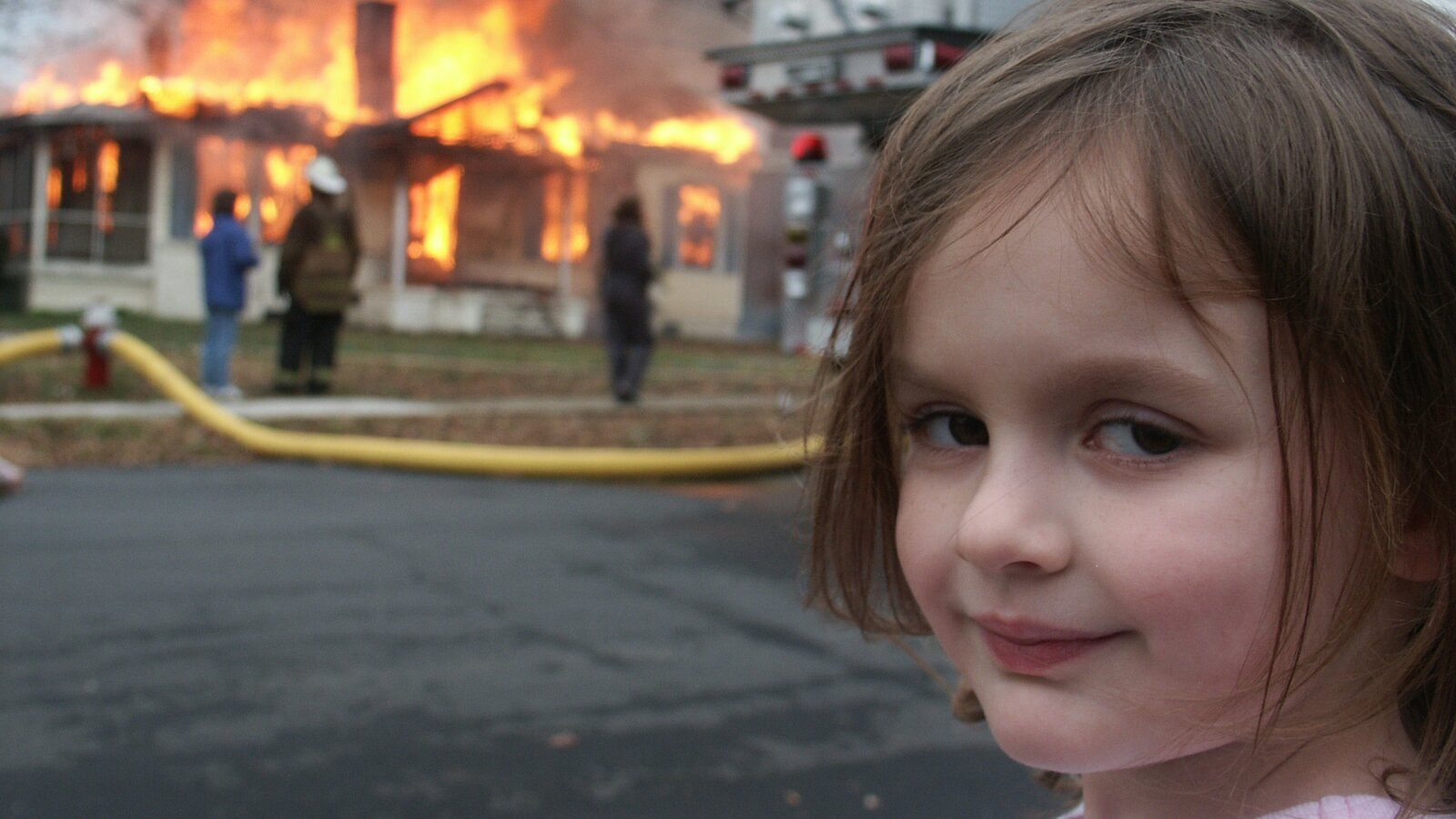
Image Source: nytimes.com
There are two types of fire-resistant panels. One is type X, which takes up to an hour to burn up, while the other is type C, which does not shrink. When used on the ceiling, the sag-resistant drywall stays put in whenever there is a fire to prevent the ceiling from collapsing.
Advantages and Disadvantages of Drywall and Sheetrock
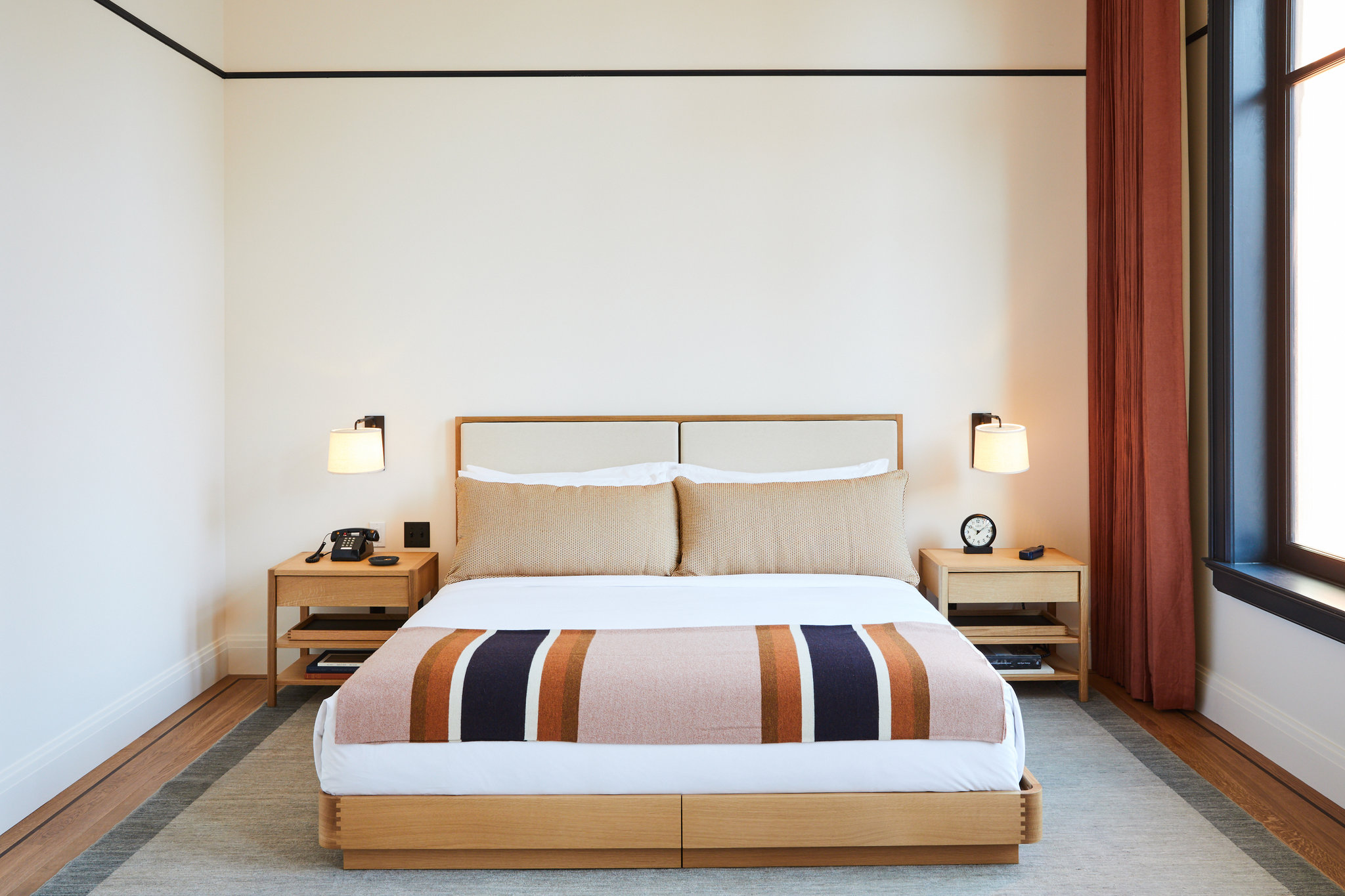
Image Source: nytimes.com
Since drywall and Sheetrock are the same things, let us look at what advantages and downsides we are getting from using the most common wall material in the States.
Advantages of Drywall
a) Affordable and Accessible
You are more likely to find a gypsum company than other materials. This is because drywall panels are easier to come about in warehouses. The accessibility takes the competition to a higher level, leading to quality materials in the market.
The availability of the material makes the prices competitive, too, making the material affordable to most people. Furthermore, Sheetrock is affordable to many while having the highest quality materials compared to other generic brand drywall options.
b) Fire Resistant
Since the introduction of drywalls, the number of house fires have decreased steadily over the years. Drywall is one of the most commonly used building material for walls, and we can attribute the reduction of fire cases to the material.
The fire resistance is not only impressive but lifesaving.
c) Easy Repair
Maintenance can be a bit costly after building a wall. Luckily, drywall is easy to maintain and repair in case of damage. Therefore, drywall cost is not that high, making repairs a worthy venture.
d) Insulation
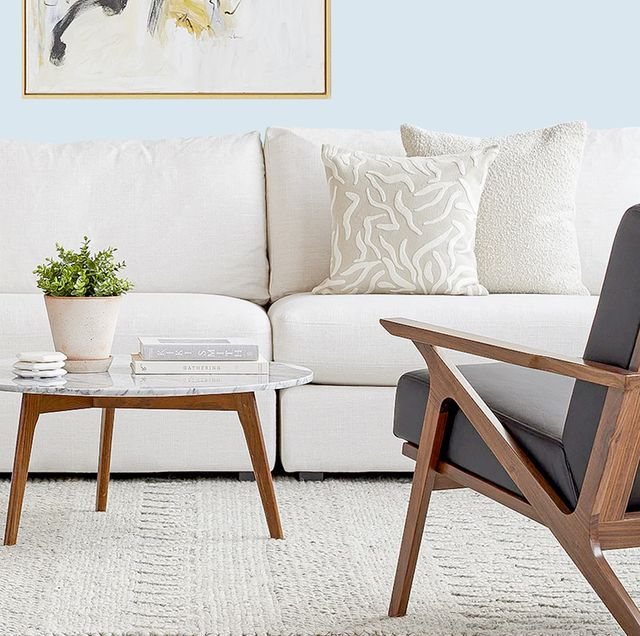
Image Source: esquire.com
Temperature and noise insulation is a huge deal when designing the interior walls of a home. Luckily, drywall and Sheetrock come in different thicknesses, giving different options for different approaches to insulating a room. Unlike drywall, most materials do not independently offer insulation unless used alongside other materials like fiberglass or mineral wool.
e) Waterproof Options
Drywall has options with oil-based additives that offer moisture resistance, making it easier to use in bathrooms or laundry rooms. Other materials are not as helpful in such situations without involving an expensive approach.
f) Easy Installation
Installing drywall is easy compared to other materials. The process can be as easy as fixing the boards to wall studs or nailing them to ceiling joists. In addition, drywall screws are available for use, making it easy to do it yourself.
g) Variety
There are a lot of options offered by drywall, especially the Sheetrock brand. The options include different sizes, thicknesses, and water and fire resistance functions. No other material comes close to drywall in terms of variety.
Disadvantages of Drywall
i) Sulfur Gases
Drywall imported from other countries and many generic drywall brands produce materials that emit sulfur gases that harm human health and lead to metal corrosion.
ii) Messy Installation
Drywall is messy when getting installed, and it is often the case that workers waste most of the material while cutting it up.
Frequently Asked Questions About Drywalls
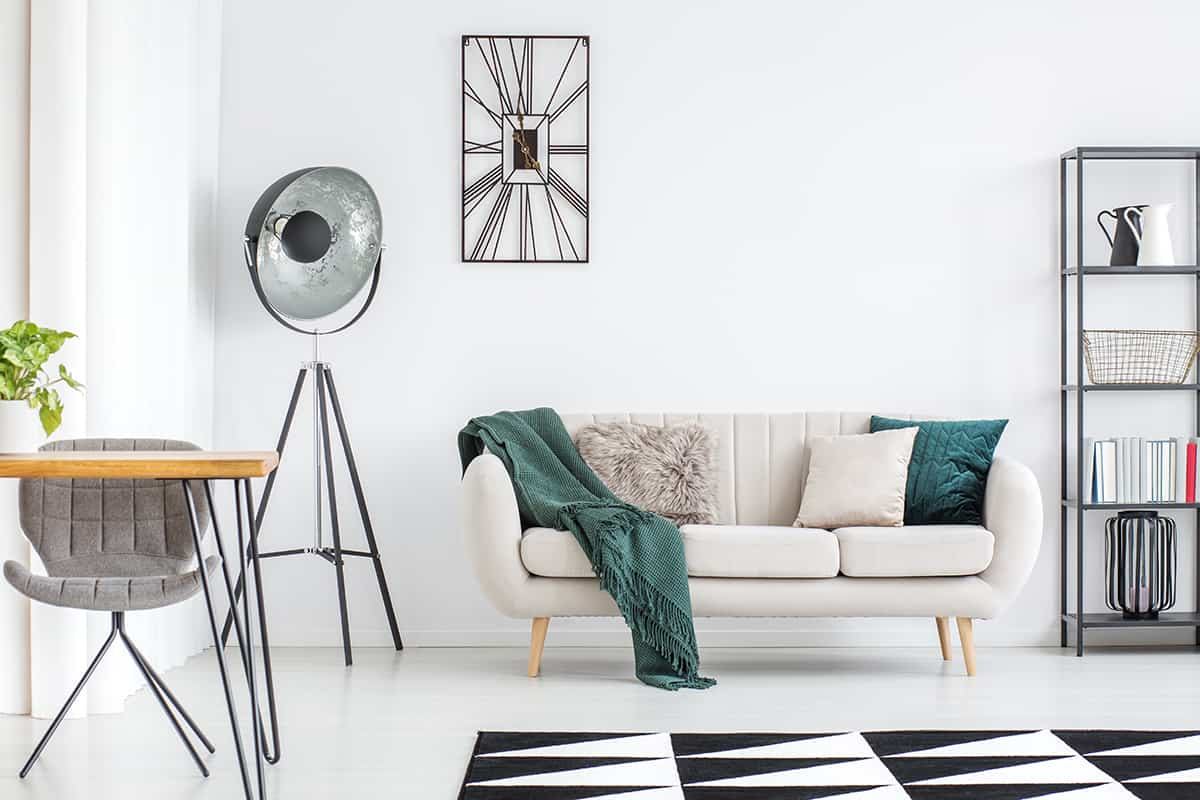
Image Source: homenish.com
a) How is drywall made?
Drywall is made of a material called gypsum, which is one of the most common building materials used in a variety of building construction projects. Gypsum is mixed with crystalline water and chemicals to make the drywall.
Materials mixed with gypsum to make drywall include paper pulp, water, starch, and a thickening agent. A sheet of manila paper is laid on top of the mixture and passed through an oven at a temperature of about 500 degrees Fahrenheit. Once the material is dry, it is ready to be cut into shapes that can be shipped for construction.
b) Does drywall thickness matter?
Drywall has a lot of uses, and thickness is a huge factor when picking drywall to use on different projects. For instance, thin drywall would work better on a curved wall, while thick drywall is likely to break if forcefully curved.
On the other hand, thick drywall is useful when soundproofing a room. Thick and soundproof drywall will protect not only a room from outside noises but from fires too. A fire-resistant drywall can keep the fire out for thirty minutes to an hour.
Regular drywall is used in interior walls that do not need much protection from fires or sound control.
Final Thoughts
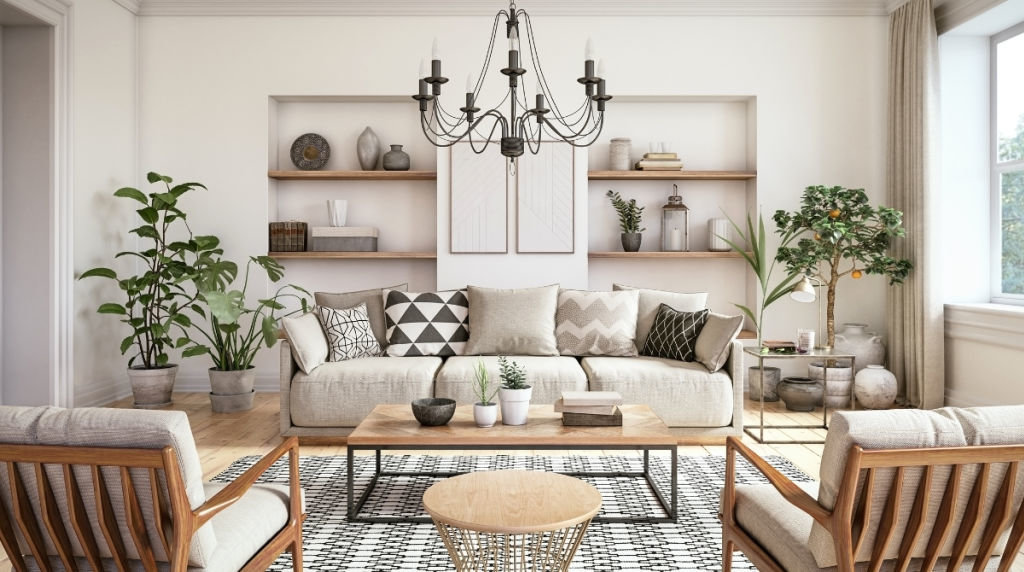
Image Source: weknowboise.com
There are a lot of building materials allowed by building codes in different states. However, drywall keeps winning by a huge margin and stays at the top of the game.

